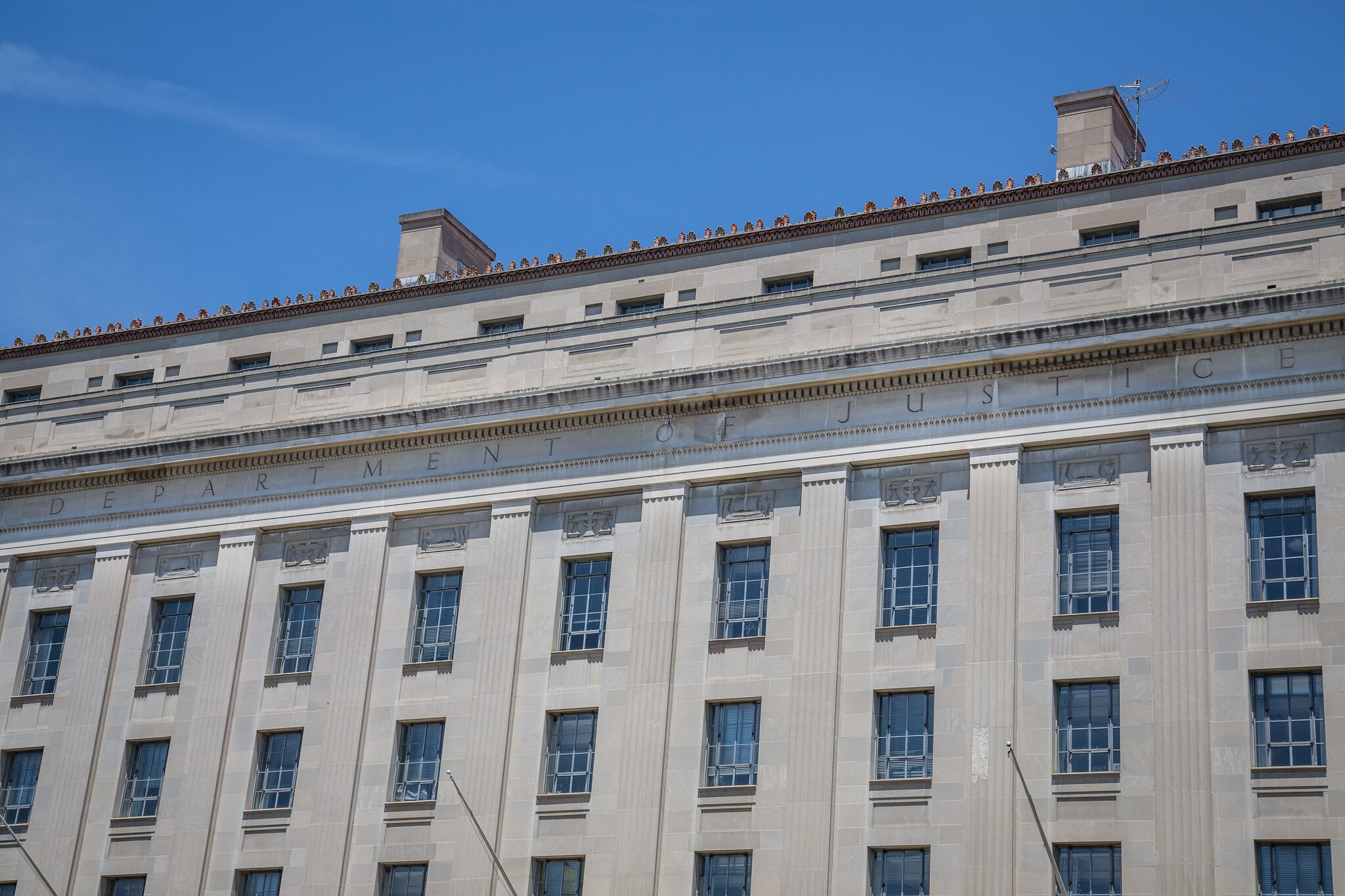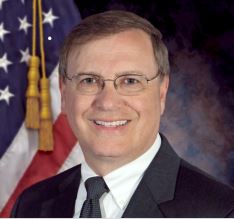An “Extraordinary” Problem

Published by The Lawfare Institute
in Cooperation With

An attorney general can appoint a special counsel under “extraordinary circumstances.” The past three attorneys general have appointed five special counsels in the past six years. Three have been appointed by Attorney General Merrick Garland in the past 10 months. These appointments have begun to seem rather ordinary. Further, they may not be in the best long-term interests of the Department of Justice.
Hitting more than .400 in the major leagues for an entire season is extraordinary. It last happened in 1941. If it happened five times in the past six years (or three times this season), would it be evidence that something extraordinary keeps happening? Or might it be evidence that the game of baseball has changed?
The Justice Department is designed to handle sensitive and difficult cases. It has been doing this for more than 150 years. Part of that design is a remarkably thin political layer. This is not a liability. It is an asset. For instance, the FBI—part of the Justice Department—has approximately 38,000 employees. Only one of those people—the director—is politically appointed.
Similarly, there are 93 U.S. attorney’s offices across the nation. These offices handle the bulk of the federal prosecutive load in the country. Thousands of men and women work in these offices as attorneys, as paralegals, and in administrative and support roles. At most, each of these offices has one political appointee. Again, this is an asset rather than a liability.
Every time a special counsel is named, an attorney general has decided that it is in the “public interest” given “extraordinary circumstances” to move the department’s investigative and prosecutive work outside normal channels. Is a growing reliance on special counsels prudent?
Perhaps not. First, the regulations that enable appointment of a special counsel make it clear that an attorney general retains ultimate authority for case-related decisions. Though a special counsel “is not … subject to the day-to-day supervision of any [DOJ] official[,]” an attorney general may request “an explanation for any investigative or prosecutorial step, and may after review conclude that the action is so inappropriate or unwarranted under established Departmental practices that it should not be pursued.”
There are safeguards designed to ensure that an attorney general exercises that authority in a judicious and thoughtful manner. For instance, when an attorney general overrules a proposed action, he or she ordinarily must notify certain members of Congress of that decision and explain the basis for it. In the end, therefore, approval ultimately belongs to the politically appointed boss—the attorney general—and not to the special counsel.
Second, when cases are moved outside normal channels and assigned to a special counsel, an attorney general might say that move was designed to ensure public confidence in the investigative and prosecutive decisions of the special counsel. An attorney general might also say it was done to remove any suggestion of political interference in a particular case.
However, those attempts at political inoculation are not working. Attacks on special counsels in the past several years—from government officials, the public, and the media—have been relentless. Also, moving the work away from career Justice Department professionals and to a special counsel suggests that Justice Department prosecutors cannot perform that work in an apolitical and nonpartisan manner. That is not true, and it risks corroding public perception of the Justice Department and the FBI.
Third, there are three men currently serving as a special counsel. Two of the three—Robert Hur and David Weiss—were originally appointed as U.S. attorneys by former President Donald Trump. Both have since been appointed as special counsels by Garland: one to investigate President Joe Biden’s mishandling of classified information and one to investigate the president’s son, Hunter Biden, generally.
But isn’t that a problem, too?
Appointing Republicans to investigate Democrats, or Democrats to investigate Republicans, is troubling. Here, the appointment of two Republicans to investigate two Democrats is quintessentially a political decision, even if made for salutary reasons. I would feel the same way if the labels were reversed.
I have no quarrel with any of the current special counsels, and no question about their integrity or professionalism. Similarly, I had no question about the integrity or professionalism of former Special Counsel Robert Mueller. I may not agree—nor do I expect to agree—with every decision they make. They have hard jobs, make difficult calls based on imperfect information, and will get some things right and some things wrong. That is the human condition.
Further, all three current special counsels are shepherding work that needs to be done. But as important investigations continue to shift away from traditional Justice Department channels, it feeds a (growing) perception that the Justice Department cannot be trusted with this work. That is an unfortunate and corrosive trend. Career prosecutors and agents handle incredibly sensitive cases every day in every corner of the country, well and professionally.
There have been other extraordinary events in major league baseball. The longest hitting streak for instance—56 consecutive games—also occurred in 1941. Things that happen every eight decades seem more extraordinary than things that happen three times in 10 months.
Attorneys general should pause before appointing another special counsel and think carefully about what truly constitutes an extraordinary circumstance. They should keep in mind that the march to special counsels can be corrosive to the Justice Department. And they should eschew political decisions that are made, ostensibly and ironically, to avoid politics.
Perhaps a special counsel will come along as often as a Ted Williams or a Joe DiMaggio comes along, and perhaps that will be sufficient.





